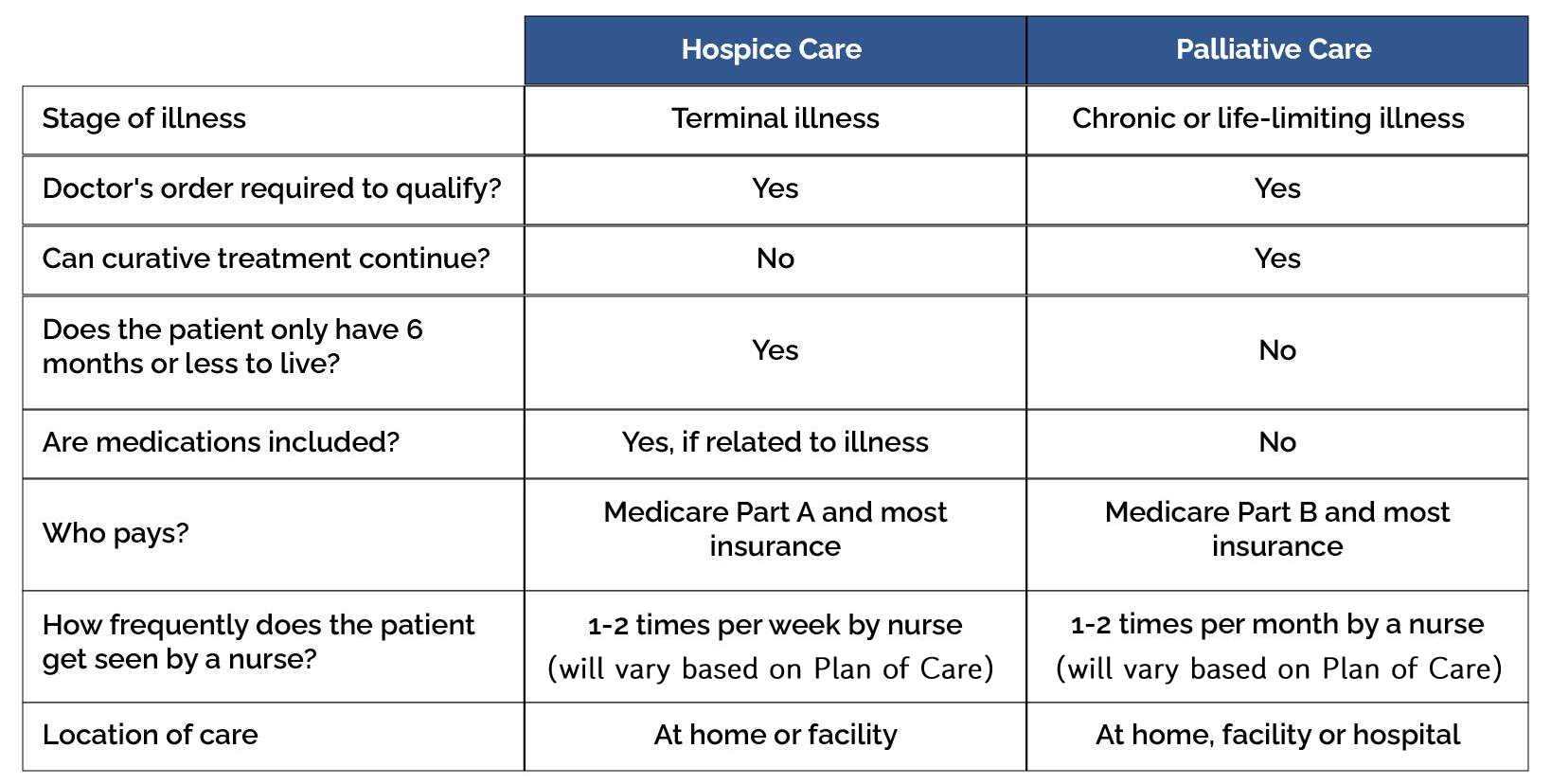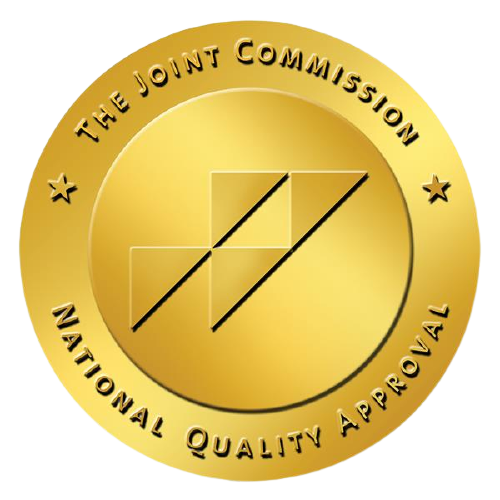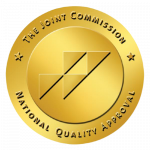Hospice Care
Hospice Care FAQ
Hospice is a service provided by an interdisciplinary care team to any patient who is diagnosed with a terminal illness, and according to a physician has less than six months to live. While traditional medical care focuses on treating disease and illness, hospice care centers on improving the quality of life for the individual, in addition to providing support and education to the family. Hospice care provides a team-oriented approach to delivering medical care, pain management, and emotional and spiritual support individualized to the patient’s needs and wishes. The service is provided where the patient resides, at home or in a facility.
Hospice puts the individual and their family at the center. It exists to provide support and care for the individual in the last phases of a life-limiting illness so that they may live as fully and comfortably as possible; quality over quantity care. At Reliance Hospice and Palliative Care , our mission is to provide compassionate, quality care with respect and comfort to our patients and their families/caregivers.
When a patient is diagnosed with a life-limiting illness and curative medical treatments are no longer a feasible option, hospice care should be considered. While the primary goal of hospice is to provide dignity and quality end-of-life care for the individual, it’s scope goes beyond in providing the necessary help and guidance to family and friends so that they may cope with the difficulties of seeing a loved one go through a terminal illness.
If you, as the person diagnosed with the terminal illness, answer “yes” to any of the questions in the questionnaire below, please contact us to discuss how we might be able to help you. Remember, contacting us does not mean you’ve given up; it just means you are looking to improve the quality of life for yourself and/or the patient facing an incurable life-limiting illness. It’s never too soon to learn about your options.
Hospice is covered by most major insurers, including Medicare Including, Medicare, Medicaid, Medi-Cal, Blue Cross, Blue Shield, HMO, and other private insurers. Coverage generally includes medical equipment and illness-related medications. When insurance does not cover hospice care, discuss your options with Reliance Hospice and Palliative Care.
The following services are included if it is part of the hospice plan of care for the individual:
- Physician and nursing care
- Medication for pain control and symptom management
- Medical supplies relating to the hospice diagnosis
- Home medical equipment relating to the hospice diagnosis
- Counseling (spiritual, emotional, dietary)
- Short-term inpatient and respite care
- Home Health Aide care
- Bereavement support
- Volunteer services*
We also assist with placement, checking and assisting in filling out insurance coverage, and developing a plan of care specific to you and your family’s needs.
Services and conditions unrelated to the hospice diagnosis as well as items that are not included in the hospice plan of care.
Hospice care services are provided by an interdisciplinary care team that have been certified and licensed by each discipline’s respective state agency. Each care team staff have gone through a rigorous screening process and are required to undergo continuous regular training to ensure they remain up to date with the latest health care standards. The care team includes:
- Hospice Physicians
- Registered Nurses
- Licensed Vocational Nurses
- Home Health Aides
- Medical Social Workers
- Chaplains
- Volunteers
- Bereavement Counselor
- Volunteer
Hospice care is provided in any place the patient considers home. It may be their home, the home of a relative or a friend, a skilled nursing facility, a board and care facility, or an assisted living facility.
Choosing hospice does not mean that you are giving up hope. It means that you have opted for comfort and to have a team of experts manage your various medical symptoms. Hospice allows you to feel comfortable and provides support in order for you to have the quality of life you deserve.
Most physicians know about hospice. If your physician would like more information about hospice, please refer to the National Council of Hospice Professionals Physician Section, medical societies, state hospice organizations, or the National Hospice Helpline (1-800-658-8898) or your may have your physician contact us.
You should feel free to discuss hospice care at any time with your physician and other healthcare professionals. If you are not sure, call Reliance Hospice and Palliative Care and we may direct you to the appropriate physician or healthcare professional.

What is Hospice Care?
Hospice is a service provided by an interdisciplinary care team to any patient who is diagnosed with a terminal illness, and according to a physician has less than six months to live. While traditional medical care focuses on treating disease and illness, hospice care centers on improving the quality of life for the individual, in addition to providing support and education to the family. Hospice care provides a team-oriented approach to delivering medical care, pain management, and emotional and spiritual support individualized to the patient’s needs and wishes. The service is provided where the patient resides, at home or in a facility.
Hospice puts the individual and their family at the center. It exists to provide support and care for the individual in the last phases of a life-limiting illness so that they may live as fully and comfortably as possible; quality over quantity care. At Care Dimensions Healthcare, our mission is to provide compassionate, quality care with respect and comfort to our patients and their families/caregivers.
Is Hospice Care Right for Me?
When a patient is diagnosed with a life-limiting illness and curative medical treatments are no longer a feasible option, hospice care should be considered. While the primary goal of hospice is to provide dignity and quality end-of-life care for the individual, it’s scope goes beyond in providing the necessary help and guidance to family and friends so that they may cope with the difficulties of seeing a loved one go through a terminal illness.
If you, as the person diagnosed with the terminal illness, answer “yes” to any of the questions in the questionnaire below, please contact us to discuss how we might be able to help you. Remember, contacting us does not mean you’ve given up; it just means you are looking to improve the quality of life for yourself and/or the patient facing an incurable life-limiting illness. It’s never too soon to learn about your options.
Who Pays for Hospice?
Hospice is covered by most major insurers, including Medicare Including, Medicare, Medicaid, Medi-Cal, Blue Cross, Blue Shield, HMO, and other private insurers. Coverage generally includes medical equipment and illness-related medications. When insurance does not cover hospice care, discuss your options with Care Dimensions Healthcare.
What Services Does Hospice Cover?
The following services are included if it is part of the hospice plan of care for the individual:
- Physician and nursing care
- Medication for pain control and symptom management
- Medical supplies relating to the hospice diagnosis
- Home medical equipment relating to the hospice diagnosis
- Counseling (spiritual, emotional, dietary)
- Short-term inpatient and respite care
- Home Health Aide care
- Bereavement support
- Volunteer services*
We also assist with placement, checking and assisting in filling out insurance coverage, and developing a plan of care specific to you and your family’s needs.
What Services are Not Covered?
Services and conditions unrelated to the hospice diagnosis as well as items that are not included in the hospice plan of care.
How does Hospice Care Differ From Palliative Care Services?
Hospice is the only service that focuses on end-of-life care. Hospice recognizes that the patient will not get better and provides comfort and support, rather than a cure. Also, while the primary goal of both hospice and palliative care is to provide comfort and pain relief for a serious illness, the scope of hospice goes beyond that to provide the necessary help and guidance family and friends need to cope with the difficulties of seeing a loved one go through a terminal illness.
Hospice VS. Palliative Care
Hospice and palliative care are partly similar in that both services require a full care team to provide a holistic approach to care, with the ultimate goal of providing symptom relief, comfort, and quality of life to patients and their loved ones. The main difference is that palliative care patients can continue to receive aggressive and curative treatment like chemotherapy, radiation, dialysis and surgery at the same time they receive palliative care while hospice care patients may not.
On the other hand, hospice patients need a physician to certify that they each have a terminal diagnosis and a life-expectancy of six-months or less whereas a palliative patient may receive palliative care at any stage of their disease process while continuing to receive curative treatment.
The table below shows the differences between Hospice and Palliative Care:

Who Provides the Care?
Hospice care services are provided by an interdisciplinary care team that have been certified and licensed by each discipline’s respective state agency. Each care team staff have gone through a rigorous screening process and are required to undergo continuous regular training to ensure they remain up to date with the latest health care standards. The care team includes:
- Hospice Physicians
- Registered Nurses
- Licensed Vocational Nurses
- Home Health Aides
- Medical Social Workers
- Chaplains
- Volunteers
- Bereavement Counselor
- Volunteer
Where is Hospice Care provided?
Hospice care is provided in any place the patient considers home. It may be their home, the home of a relative or a friend, a skilled nursing facility, a board and care facility, or an assisted living facility.
Does Choosing Hospice Mean I’m Giving up Hope?
Choosing hospice does not mean that you are giving up hope. It means that you have opted for comfort and to have a team of experts manage your various medical symptoms. Hospice allows you to feel comfortable and provides support in order for you to have the quality of life you deserve.
What if Our Physician Doesn't Know About Hospice?
Most physicians know about hospice. If your physician would like more information about hospice, please refer to the National Council of Hospice Professionals Physician Section, medical societies, state hospice organizations, or the National Hospice Helpline (1-800-658-8898) or your may have your physician contact us.
Should I Wait for Our Physician to Raise the Possibility of Hospice, or Should I Ask First?
You should feel free to discuss hospice care at any time with your physician and other healthcare professionals. If you are not sure, call Care Dimensions Healthcare and we may direct you to the appropriate physician or healthcare professional.
How does Hospice Care Differ From Home Health Care or Palliative Care Services?
Hospice is the only service that focuses on end-of-life care. Unlike most home health care providers, hospice recognizes that the patient will not get better and provides comfort and support, rather than a cure. Also, while the primary goal of both hospice and palliative care is to provide comfort and pain relief for a serious illness, the scope of hospice goes beyond that to provide the necessary help and guidance family and friends need to cope with the difficulties of seeing a loved one go through a terminal illness.


